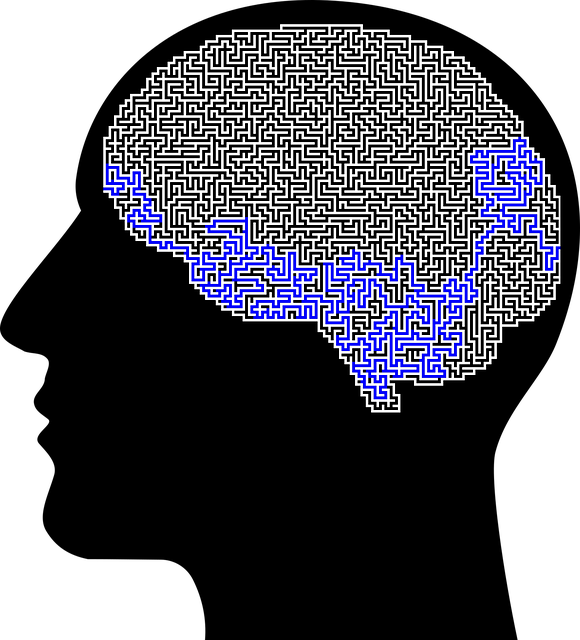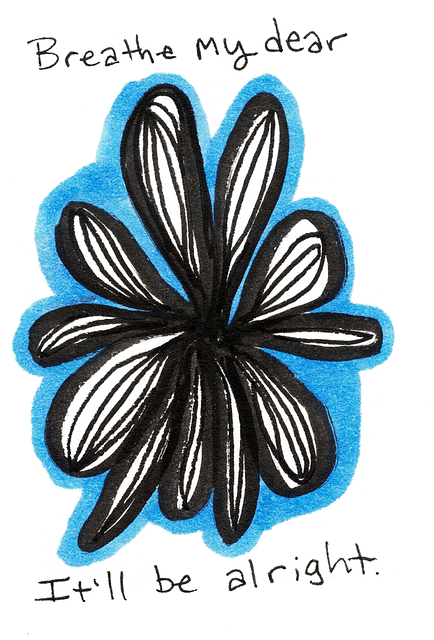Community outreach programs tailored to elders with conduct disorders are crucial for enhancing emotional well-being and reducing mental illness stigma among the elderly, particularly isolated seniors. These initiatives address complex challenges like depression, social isolation, and antisocial behaviors through support groups, counseling, and education. Success involves understanding specific needs, incorporating evidence-based practices, and collaborating with local organizations. Measuring outcomes, such as improved self-care and community engagement, ensures programs like therapy for elders conduct disorder remain effective and impactful.
Community outreach programs play a vital role in enhancing the well-being of the elderly, especially those with conduct disorder. This article explores the multifaceted impact of such initiatives, focusing on understanding community outreach and its unique benefits for seniors. We delve into identifying specific needs within this demographic and designing tailored therapy programs that foster effective community engagement. Furthermore, it highlights measuring success through outcome evaluations, emphasizing the importance of assessing the effectiveness of outreach efforts in addressing conduct disorder in the elderly.
- Understanding Community Outreach and its Impact on Elderly Well-being
- Identifying the Needs of Elders with Conduct Disorder
- Designing Effective Therapy Programs for Community Engagement
- Measuring Success: Evaluating the Outcomes of Outreach Initiatives
Understanding Community Outreach and its Impact on Elderly Well-being

Community outreach programs play a pivotal role in enhancing the emotional well-being of the elderly population. These initiatives focus on connecting with isolated seniors, providing them with much-needed social interaction and support. By implementing tailored activities and services, community outreach can significantly improve their quality of life. For instance, therapy sessions designed for elders with conduct disorders offer a safe space to address behavioral issues and promote positive coping mechanisms.
Through such programs, emotional well-being promotion techniques become accessible, fostering an environment free from stigma associated with mental illness. Community outreach workers can actively engage in Mental Illness Stigma Reduction Efforts, ensuring the elderly feel understood and supported. This approach not only improves their immediate situation but also encourages long-term participation in community activities, leading to a more inclusive and healthy society.
Identifying the Needs of Elders with Conduct Disorder

Identifying the unique needs of elders with conduct disorder is a critical step in designing effective community outreach programs. This demographic often faces complex challenges stemming from a lifetime of behavioral issues, which can include depression, social isolation, and difficulties accessing appropriate therapy for elders with conduct disorder. Many older adults may have struggled with antisocial behaviors in their youth and young adulthood, only to face the long-term consequences later in life, such as strained relationships, financial instability, and a diminished quality of life.
Community outreach workers play a vital role in facilitating emotional healing processes by offering compassion cultivation practices tailored to these individuals’ specific needs. By providing support groups, counseling services, and education on depression prevention, community programs can empower elders to overcome their past conduct issues and foster a sense of belonging and purpose. Through these initiatives, elders with conduct disorder can find solace, receive the therapy they require, and regain control over their lives.
Designing Effective Therapy Programs for Community Engagement

Designing effective community outreach programs requires a deep understanding of the unique needs and challenges faced by the target population. When focusing on therapy for elders with conduct disorder, it’s crucial to create tailored interventions that address not just symptoms but also promote resilience building and trauma support services. Programs should incorporate evidence-based practices and innovative communication strategies to foster meaningful engagement and connection within the community.
By integrating age-appropriate activities and peer support mechanisms, therapy programs can enhance social interactions and improve overall well-being. Effective outreach extends beyond individual therapy sessions; it involves building collaborative relationships with local organizations, schools, and community centers to create a supportive ecosystem. This holistic approach ensures that elders receive comprehensive care while fostering a sense of belonging and purpose within their community.
Measuring Success: Evaluating the Outcomes of Outreach Initiatives

Measuring success is a vital component of any community outreach program, especially when addressing issues like Conduct Disorder in elders. Evaluating the outcomes allows for understanding the impact and effectiveness of initiatives aimed at therapy and support. By assessing the progress and well-being of participants, organizations can identify what works best and make informed decisions to enhance future programs. This process involves collecting qualitative and quantitative data, such as participant feedback, improved behavior observation, and reduced incidences of conduct issues over time.
For example, a community outreach program focused on providing therapy for elders with Conduct Disorder might measure success by tracking improvements in self-care practices and mental wellness. Through regular check-ins, interviews, or surveys, the program can gauge changes in participants’ emotional well-being, social interactions, and overall satisfaction. Additionally, measuring the production of a Mental Wellness Podcast Series or assessing the impact of Mental Illness Stigma Reduction Efforts within the community can provide valuable insights into the long-term effects of such initiatives.
Community outreach programs, particularly those focusing on therapy for elders with conduct disorder, have a profound impact on elderly well-being. By identifying specific needs and designing effective engagement strategies, we can significantly enhance their quality of life. Measuring success through outcome evaluation ensures these initiatives are making a tangible difference. As we continue to navigate and adapt our approaches, community outreach remains a crucial tool in fostering inclusive and supportive environments for elders.










